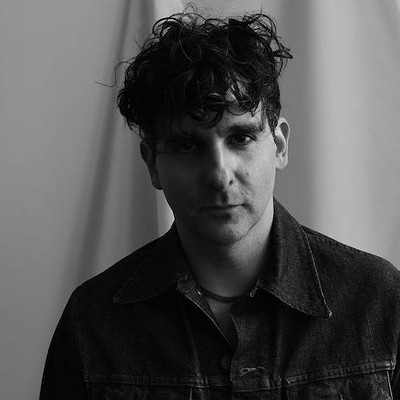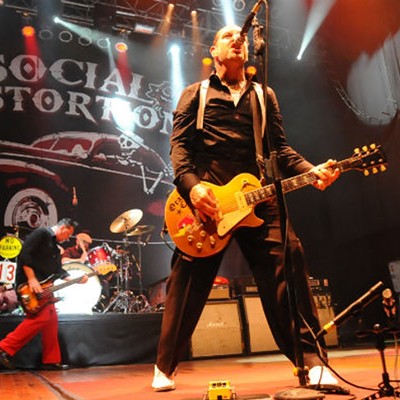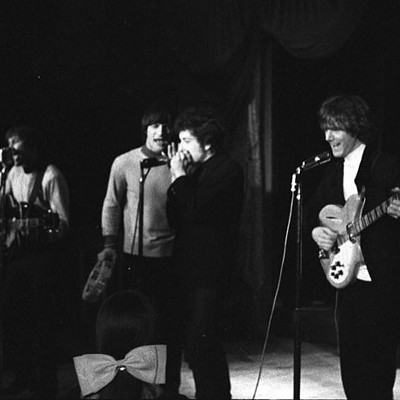This year marks 15 years since recordable compact disc technology trickled down to the public at large. Before this, cassette tapes were all the rage for dubbing, recording and other at-home use. The MiniDisc format made a go of it previously in the '90s, but it wasn't until companies like Memorex made it affordable for consumers that the burned disc really took off.
They were available before, but they cost more than a pre-recorded compact disc did. You were, after all, making copies of copyrighted music. Of course, the coming digital music revolution, and things like Napster, would make that the least of the recording industry's problems.
Remember that they were still expensive, and it was a pain to have to scuttle a burning session, and those double-decker burners were a hassle to use. Later on computers would all come equipped with burning capability, essentially killing the "taping" industry except for a few holdouts still in love with hiss and degraded sound.
One of the saddest side effects of the digital music explosion in the late '90s and early '00s was the decline of the made-for-television compilation. With recordable discs, you could just make your mixes and throw them in the car.
Nevertheless, companies like Razor & Tie and Time Life still continued to put out monstrous collections of music for you to order online and by phone, full of pop memories and hidden gems.
Recording your own compilations and ripping your friends' music had its ups and downs, but mostly ups, like the ability to disseminate music to your friends to turn them on to stuff. This also meant that if a friend bought an album you liked, all you had to do was rip and burn it from them, and you rarely bought your own factory-made copy.
Once the technology trickled down to affordable levels, young bands could burn demos and EPs to sell and distribute. And if you go to SXSW in Austin, you know that now most of them end up on the ground or in the garbage.
"I remember when I got my first CD burner 11 years ago. I made tons of mixtapes and forced them onto my friends whether they wanted them or not," says Robert on the Rocks Off Facebook page.
"The Verbatim 'vinyl' CD-Rs are still the best," he adds. These days he uses the blank discs to back up his iTunes purchases and make his year-end mixtapes.
But for some it was a blessing and a curse.
"It really changed -- ruined, in my opinion -- the way tracks on albums were sorted," says Owen, another Facebook commenter. He has a point.
Artists may have meticulously created the running order of their albums, but once it got into the hands of fans with burners, they just became a list of songs, and for some listeners the tracks lost their cohesive nature.
For fans burning their own discs, each track listing meant something. Do you open quiet or loud? Do you sprinkle in bits of movie dialog? What do you title it?
All of these wonderful problems we all had with making cassette tapes were made new again with the help of technology that some say was the beginning of the end of the music industry as we know it today.
It only got worse with MP3s, but that's another tale for another day.
Follow Rocks Off on Facebook and on Twitter at @HPRocksOff.






